In Zimbabwe, a generation learns to code
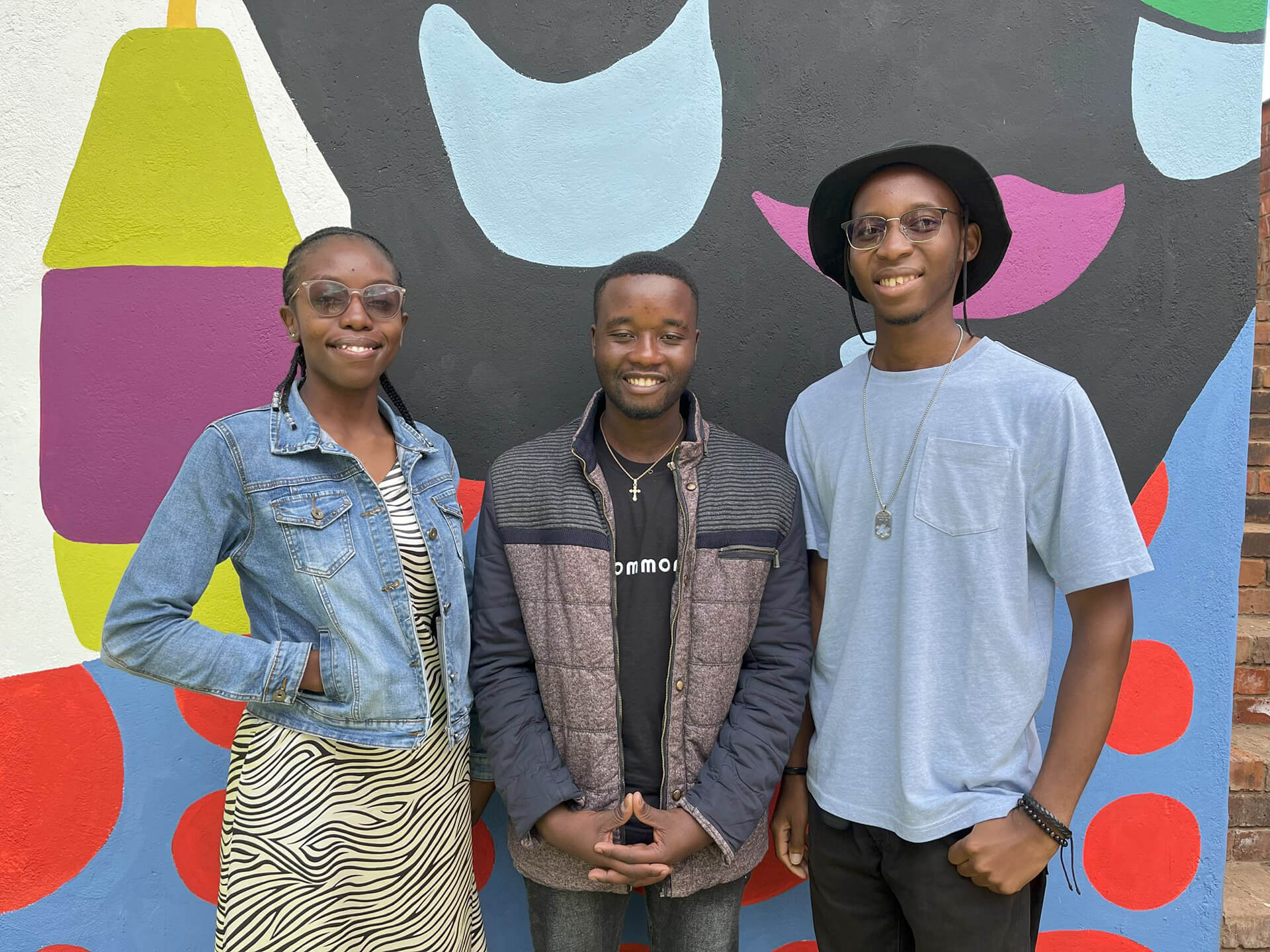
I thought I hated computers. Now I’m designing with code.
— Charity, student teacher, Uncommon
When Charity returned to Zimbabwe from South Africa, she found herself stuck. Her family couldn’t afford university, job prospects were scarce, and for a year she sat impatiently at home, waiting for something to shift. She never imagined the thing that would open up her future would be coding.
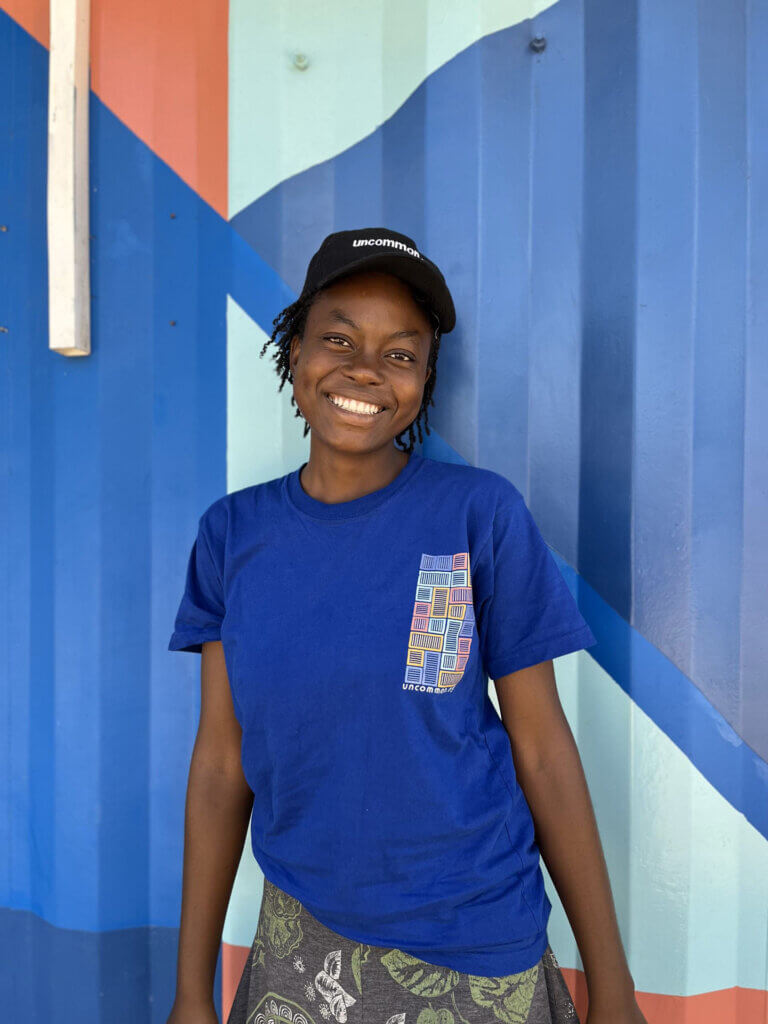
I didn’t even want to go,” she says now, recalling how a family friend suggested she try a program called Uncommon. “My mom said, ‘Just go. You never know.’
At first, she wasn’t convinced. “I’m not a computer person,” she told them. “I’m a science person.” But she gave it a chance. When a Microsoft speaker visited the hub in Victoria Falls, something clicked. “That’s when I realised this really takes people places.”
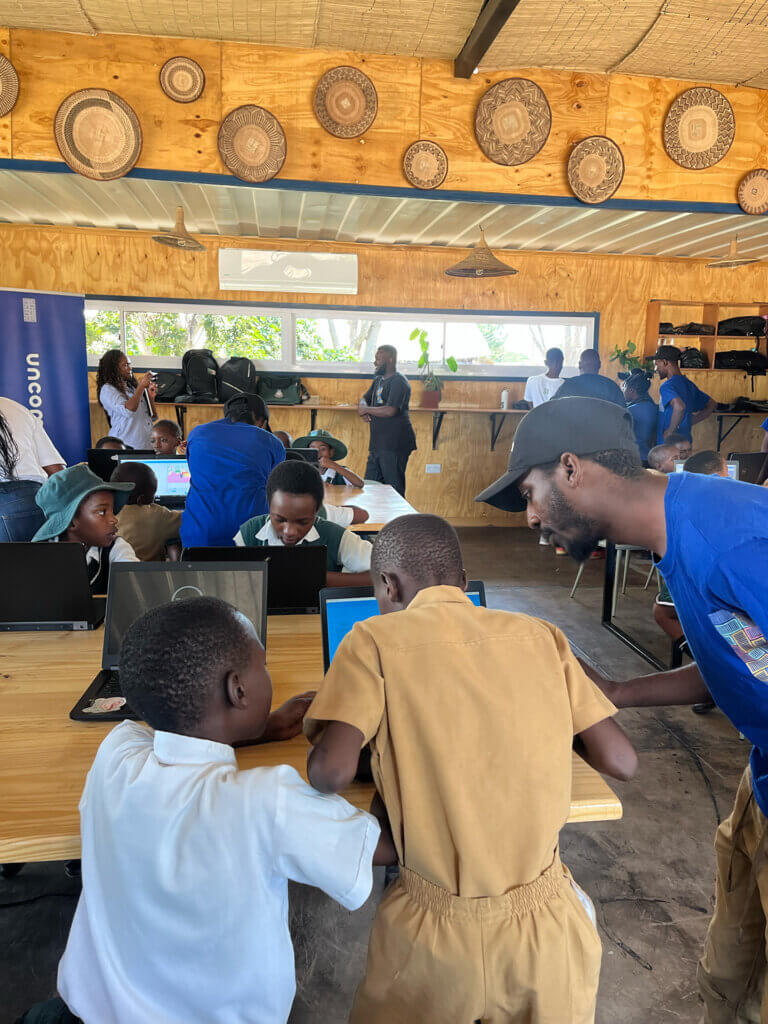
What she found there reshaped her entire sense of possibility. At Uncommon, a Zimbabwean tech education initiative, she was introduced to bioinformatics—an emerging field that combines biology and computing. The idea that she could blend her love of science with programming was entirely new. “I didn’t know that field existed,” she says. “The more I researched, the more I realised I could do this. I love the challenge. I love creating something from my mind and seeing it become real.”
Across Zimbabwe, stories like Charity’s are becoming more common.
Uncommon, with support from the Judith Neilson Foundation, is working to bridge the digital divide by training young people in practical tech skills—coding, digital marketing, and design—and connecting them with internships, mentorship, and real employment opportunities. Its approach is intentionally local: bootcamps are led by Zimbabwean instructors, many of whom were students themselves, and the curriculum is designed to build confidence, not just technical fluency.
Some people come here and it’s their first time using a computer,” says Monalisa, who completed the 2021 bootcamp. “By the end of it, they’re tech-savvy.
The bootcamp lasts 12 months, followed by internships. High-performing students are often brought back as instructors—a cycle that reinforces peer learning and professional development.
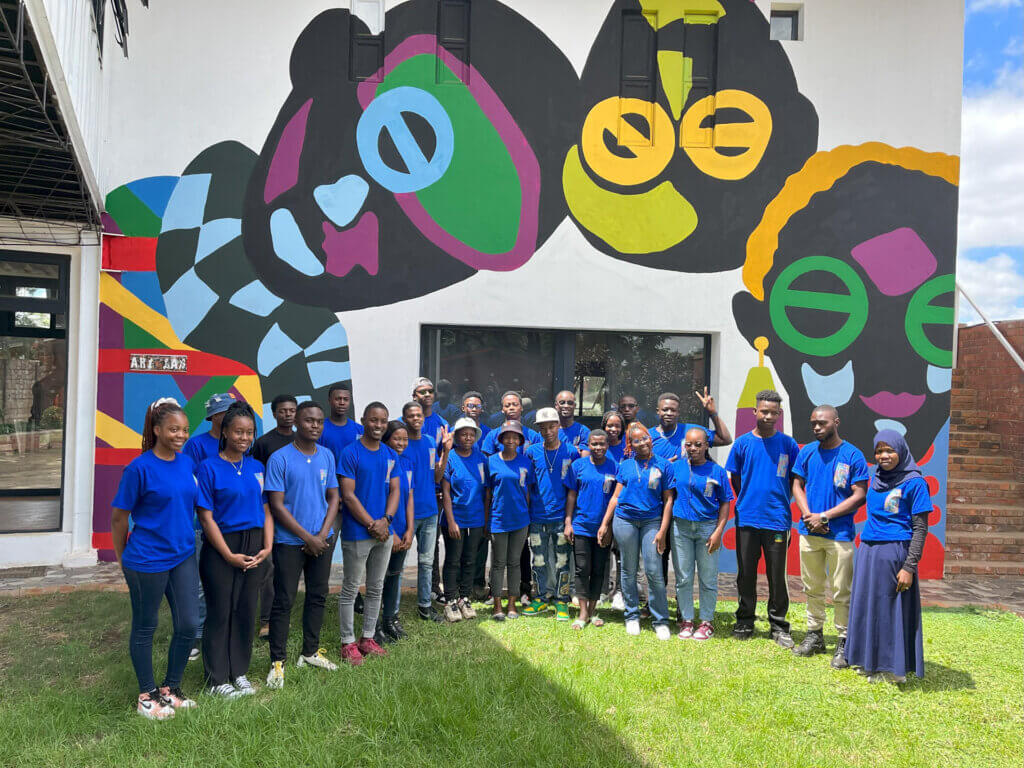
That was the path for Prince, who joined Uncommon as a digital marketing instructor. “I was almost done with my internship when they reached out,” he says. “They asked if I’d like to teach digital marketing. I said yes.”
Dylan, another graduate, is using the skills he learned at Uncommon to help build his family’s transport and engineering business. “My brother is a designer. We work together on everything—projects, processes, designs,” he says. “We’re adding the skills we learned—tech, design, and software—into our father’s company.”
These kinds of stories—of people expanding career options, building businesses, or discovering entirely new fields—are what Uncommon is built to enable.
Zimbabwe, like much of the continent, is young: more than 60% of its population is under 25. Formal employment remains elusive, and access to higher education is limited. But the appetite to learn is enormous. The challenge is access.
“In Zimbabwe, coding isn’t something most people grow up around,” says Monalisa. “A lot of people think it’s not for them—too expensive, too technical. But when they come here and see what’s possible, everything shifts.”
The barriers remain. Reliable electricity and internet access are not guaranteed. Some students travel long distances to attend the programme. Others borrow equipment, share devices, or work from cafes with better connections. But the drive to learn is unmistakable.
Prince, a marketing instructor, has seen students come in with no prospects and leave with income. “Some were just sitting at home before,” he says. “Now they’re freelancing, juggling projects, making a living.”
This transformation isn’t limited to the youth. Michael, a 50-year-old physical education teacher, joined Uncommon to improve his digital skills. “At first I thought computers were going to take away our jobs,” he says. “Now I see they’re making my work better.” He’s using what he’s learned to teach his students—and his own children—how to code.
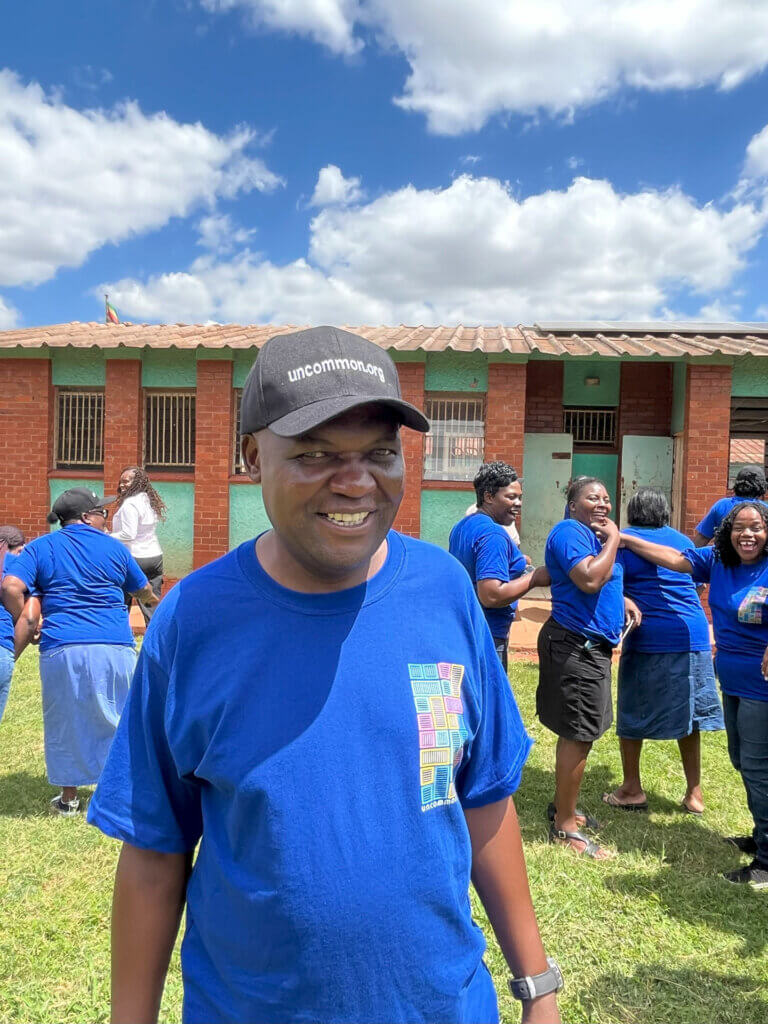
For many of the women in the programme, tech is not just a career path but a space to redefine what’s possible. “In Zimbabwe, girls are told we should be quiet, wait at home, let someone else put food on the table,” says Charity. “But here, we’re taught to speak up. To ask questions. To lead.”
Those skills—confidence, critical thinking, curiosity—are harder to quantify than HTML tags or marketing metrics. But they may be the most valuable. They are the foundation for a generation that wants not only to participate in the digital economy, but to shape it.
We have ideas here,” Charity says. “We always have. We just needed access. Now that we have it, we’re using it.
Uncommon is still small by global standards, but its model—local talent, long-term investment, real-world training—is scalable. It’s also deeply relevant in a world where proximity to opportunity is often more predictive than potential.
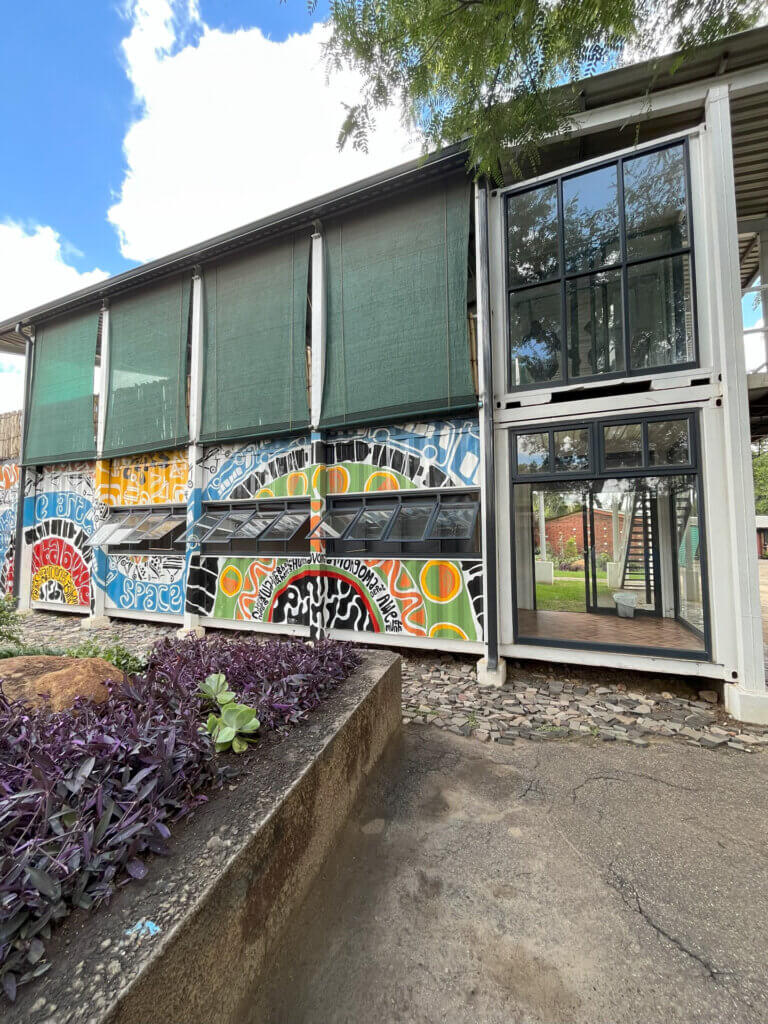
As Zimbabwe’s classrooms begin to reflect the tools of the future, and its young people start building the products and platforms they once thought were out of reach, the long-promised promise of digital transformation begins to feel more tangible. To learn more about Uncommon’s work, visit uncommon.org.